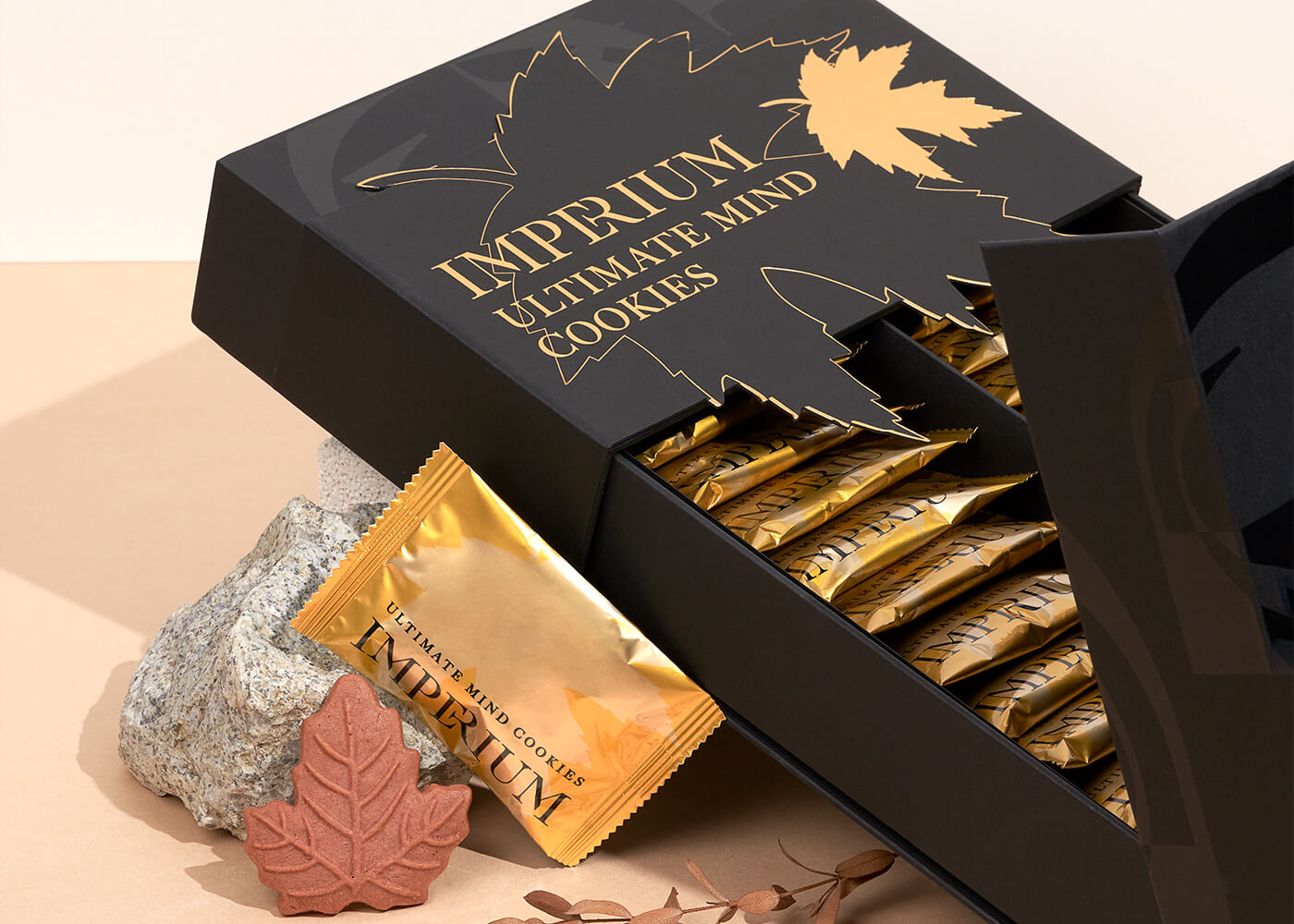


What are the signs of too much protein?

3 mins to read
Protein is an essential nutrient to maintain our health as it helps to build and repair muscle, organs, and bones.
High-protein diets have also been shown to be helpful with reducing fat, losing weight, increasing satiety, or a feeling of fullness, and retaining muscle.
However, eating too much protein has also been associated with several risks that are important to be aware of and understand.
The recommended dietary allowance for protein intake is anywhere from 10% to 35% of your calories per day.
Consuming too much protein for a long period of time typically comes with risks as excess protein intake can contribute to weight gain, kidney problems, digestive distress, and even brain fog.
So, what are precautionary signs you have consumed too much protein?
1) Consistent need to use the washroom
Our kidneys can only process so much protein at once, so the waste from the protein that is being broken down may build up, causing you to visit the washroom more often.
Researchers also found that individuals who adopt consuming more plant-based proteins and low-fat dairy protein diets had a lower risk of developing kidney stones than those who eat high meat, animal-based protein, and low calcium diet.
This phenomenon could be explained by the increased uric acid production for those who eat a high animal-based protein diet, leading to a greater risk of developing kidney stones.
Eating too much protein can also create a more acidic environment which will cause problems in the bones and liver.
2) You feel tired, depressed, and anxious
High-protein diets can contribute to an increased risk of depression in healthy adults.
It is also shown that having a low carbohydrate intake may contribute to higher levels of anxiety, depression, and stress.
These results agree with the theory that carbohydrates are responsible for releasing serotonin which is the body’s “feel good” hormone, so eating a moderate amount of carbs may reduce the risk of anxiety and depression.
Rather than relying on whey protein to meet your daily protein intake, the Ultimate Cleanse Meal Replacement is formulated with whole-food nutrition, patented and potent ingredients of more than 55 highly absorbable and functional ingredients and essential nutrients.
Unfortunately, one of the most common issues people face today is chronic fatigue due to a lack of nutrition.
Nutrition plays an important role in ensuring we have the vitality and energy to get through our days.
We have created the Imperium Ultimate Cleanse to address issues of low energy and make it a thing of the past.
Imperium Ultimate Cleanse is packed with organic antioxidants and alkalizing spices to improve the body’s function and energy levels, while also removing the chemicals, metals, and other unwanted substances that are harmful to overall health.
Every shake contains a potent mix of apple, blueberry, black currant, oat grass, and wheatgrass which provides your body with enough carbohydrates to fuel your brain, kidneys, heart muscles, and central nervous system.
It also comes with an added bonus of fiber which helps to keep blood sugar levels constant.
3) You suffer from slow bowel movements
Protein-rich foods are often low in fiber, especially when your main protein sources are animal products which can wreak havoc on your digestive system.
Fiber is an important part of eating a balanced diet as it helps move everything along your intestines.
It can only be found in plant-based foods, including whole grains, legumes, vegetables, fruits, nuts, and seeds.
To encourage fiber to work better, you can couple it with a probiotic such as the Imperium Ultimate Restore which contains patented Lactobacillus paracasi and Lactobacillus plantarum, which are the strains best documented to survive transit through the harsh, acidic environment of the stomach to colonize the intestines.
Consuming good quality probiotics will help your large and small intestines harnesses all the micro- and macronutrients your body’s cells need to function properly.
By maintaining your digestive health, you will be able to reap the benefits of all the foods you consume.
You can also consider mixing your protein intake withe foods that contain both fiber and protein.
Examples of these foods include:
whole grains
beans
tempeh
4) You notice weight gain
High-protein diets are often associated with helping people lose weight and build muscle mass.
Following a low-carb diet often means eating too much protein and not enough carbohydrates which aren’t sustainable in the long run.
This can lead to food cravings and less energy to get your morning workout in and can make you regain the weight you worked so hard to lose.
If your diet is not a diet you can sustain long-term, it is best to forgo it.
5) You have bad breath
When you consume too much protein and fat instead of healthy carbs, your body goes into an adjustment process to produce ketones.
Ketones have been known to smell awful, like acetone.
To avoid having bad breaths all the time, it is best to find a more balanced approach to macronutrient consumption.
This will also help your body get up and running on carbs again and get your breath nice and fresh once more.
Simply swapping out several sources of animal protein for plant versions, like whole grains and beans.
You can still keep your protein intake at the high end of your daily needs while increasing your intake of healthy carbs.
This will help you maintain a healthy diet.
6) Dehydration
Eating too much protein causes your body to flush out excess nitrogen with fluids and water.
This will end in you feeling dehydrated even though you may not feel more thirsty.
Your body flushes out excess nitrogen with fluids and water. This can leave you dehydrated even though you may not feel more thirsty than usual.
Therefore, it is important to drink enough water especially when you are on a very high-protein diet.

Health problems from eating too much protein
Eating a high-protein diet that surpasses what your body weight requires may cause the following diseases:
1) Kidney damage
Eating more protein has been known to be harmful to people with preexisting kidney problems.
This is because of the excess nitrogen found in the amino acids that make up proteins.
Damaged kidneys have to work harder to get rid of the extra nitrogen and waste products of protein metabolism.
2) Increased cancer risk
Eating too much red meat has been linked to an increased risk of various health issues, including cancer.
However, eating lean protein and plant-based protein has been known to decrease the risk of cancer.
Example of foods high in protein include:
Eggs
Tofu
Tempeh
Beans
Fish
Quinoa
3) Heart disease
Protein consumption that is filled with red meat and full-fat dairy foods may lead to heart disease.
However, eating poultry, fish, and nuts which are healthier dietary protein can lower the risk.

-

Ultimate Mind
Kick start the day with a packet of Ultimate Mind to boost memory and concentration throughout the day. The Ultimate Mind Cookie is a healthy snack that promotes memory, concentration, and cognitive function. BUY NOW How Do the Brain and Mind Function? The brain is the control centre for the body. It regulates all of […]
-

Ultimate Restore
Why is a Healthy Digestive System Important? Good digestive health is essential for good overall health. Your digestive system is responsible for breaking down the food you eat, extracting nutrients, and eliminating waste. The digestive system includes the mouth, oesophagus, stomach, small intestine, large intestine (colon), rectum, and anus. The entire length of the digestive […]
-

Ultimate Cleanse
The Ultimate Cleanse Meal Replacement is formulated with whole-food nutrition, patented and potent ingredients of more than 55 highly absorbable and functional ingredients and essential nutrients. Packed with fibre and protein, to support detoxification, cellular repair, and cellular rejuvenation. Benefits include maintaining a healthy digestive system, important for detoxification and immune health. Why is a […]